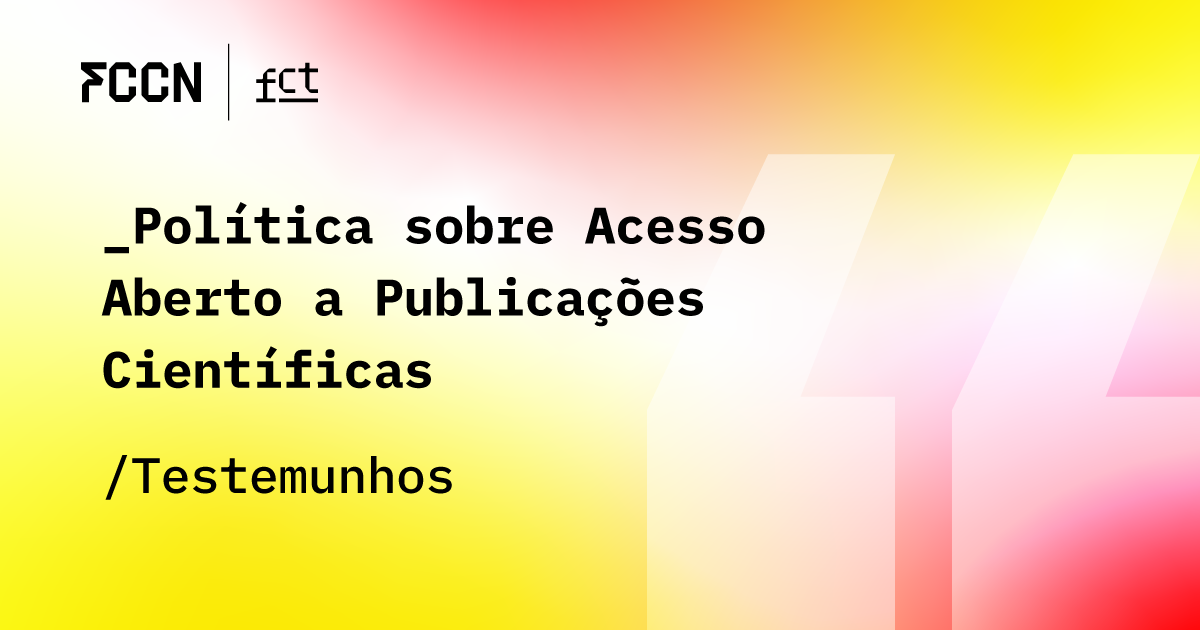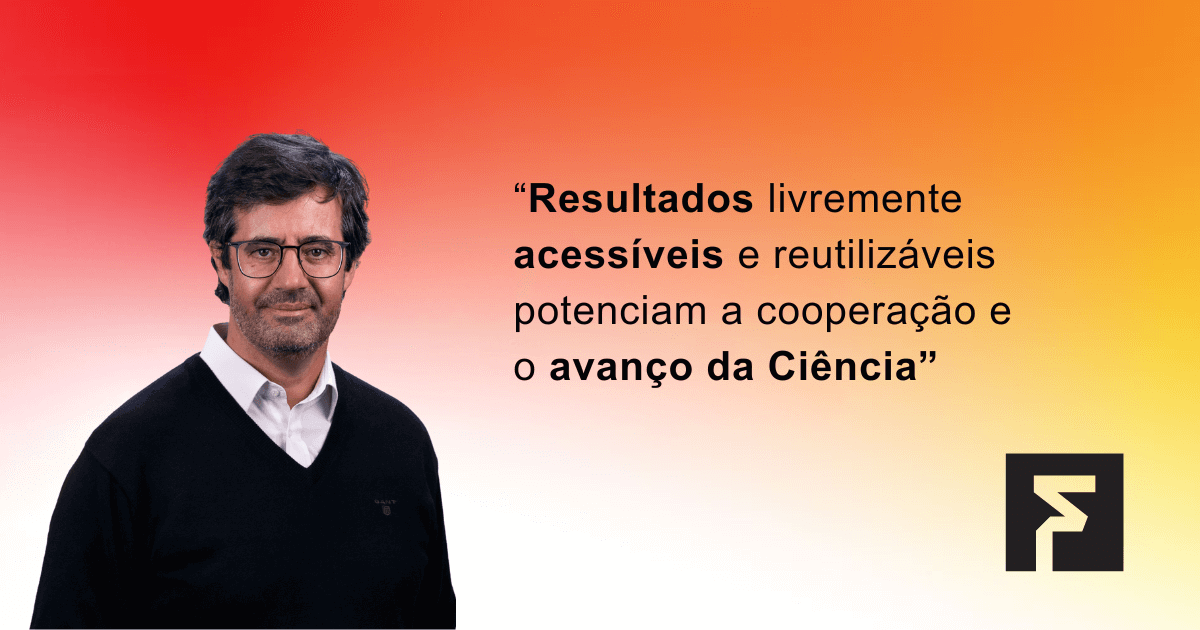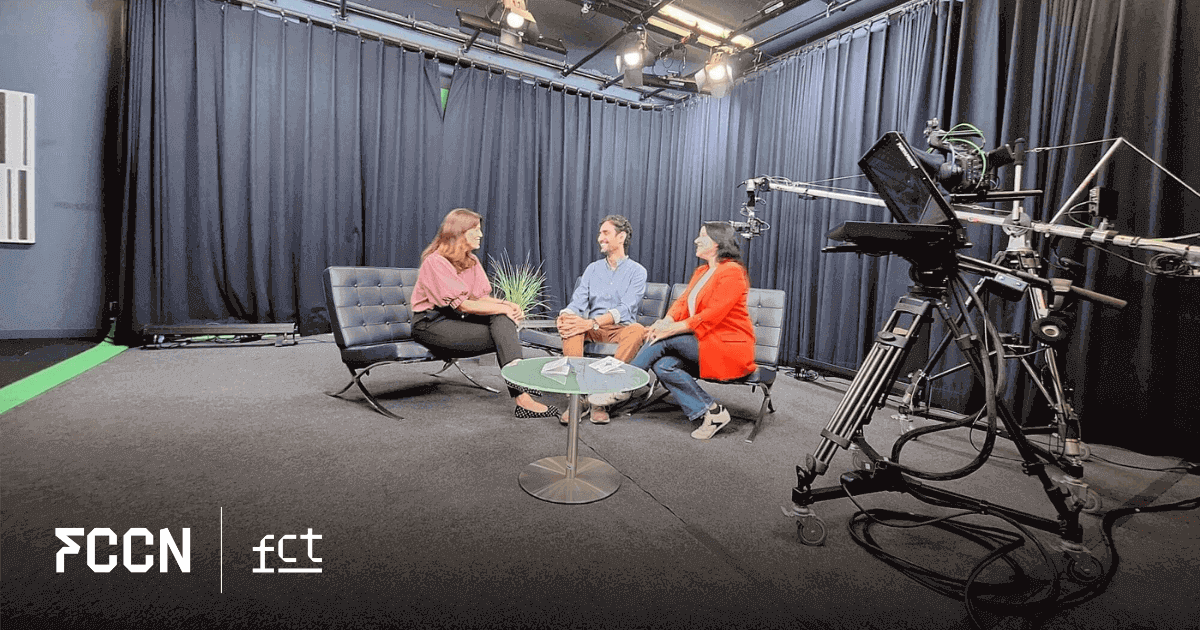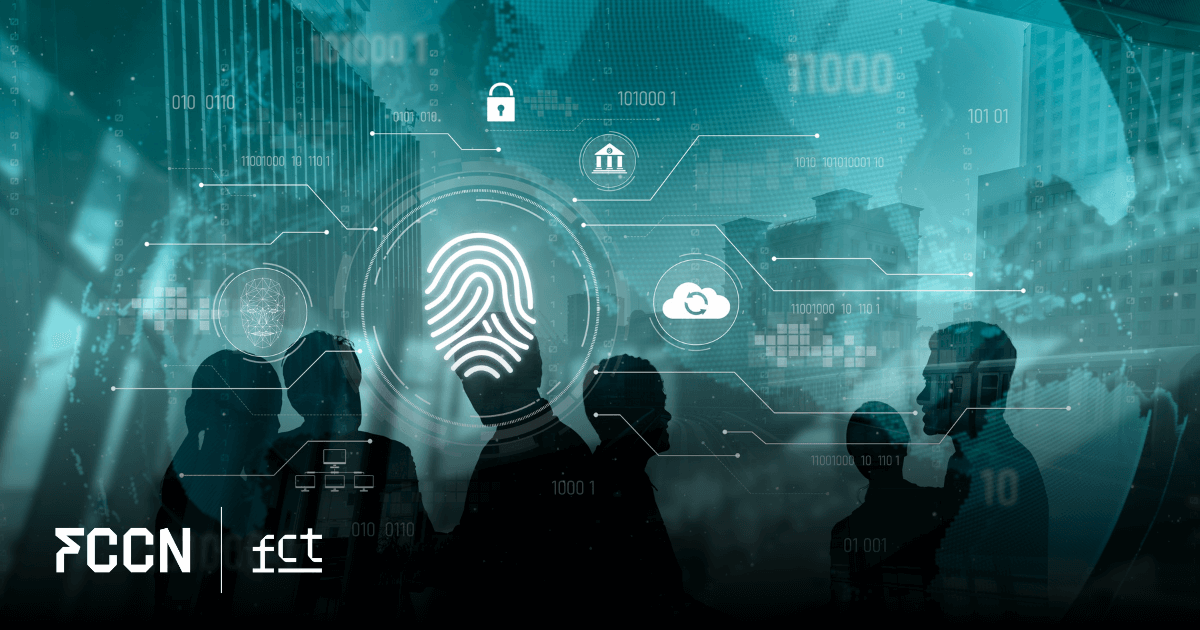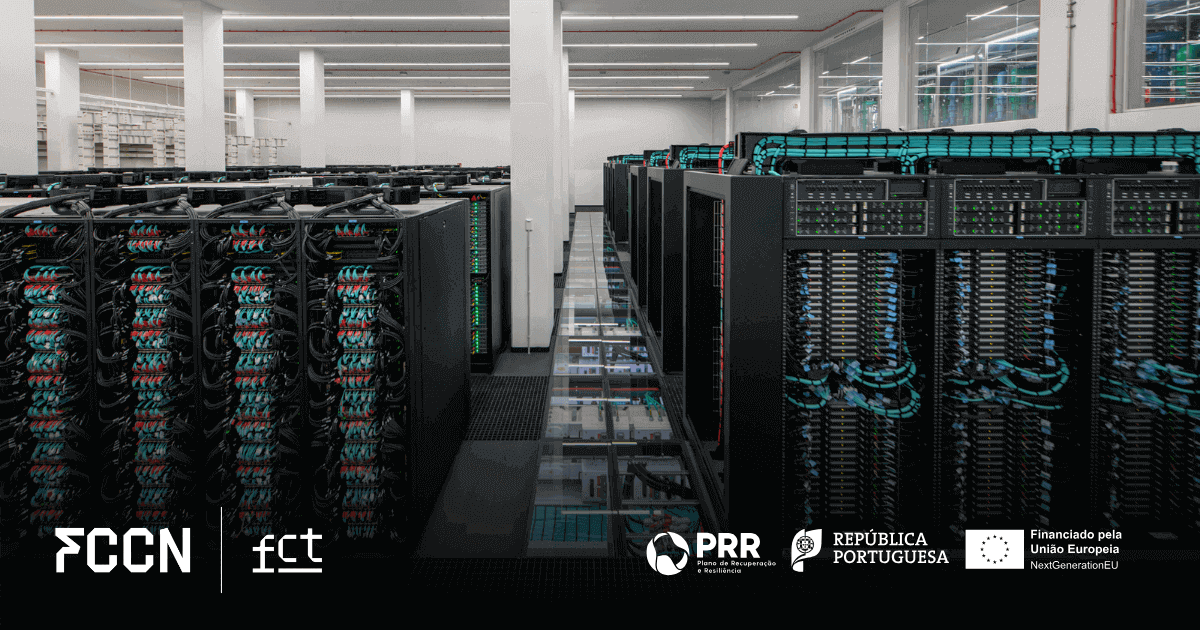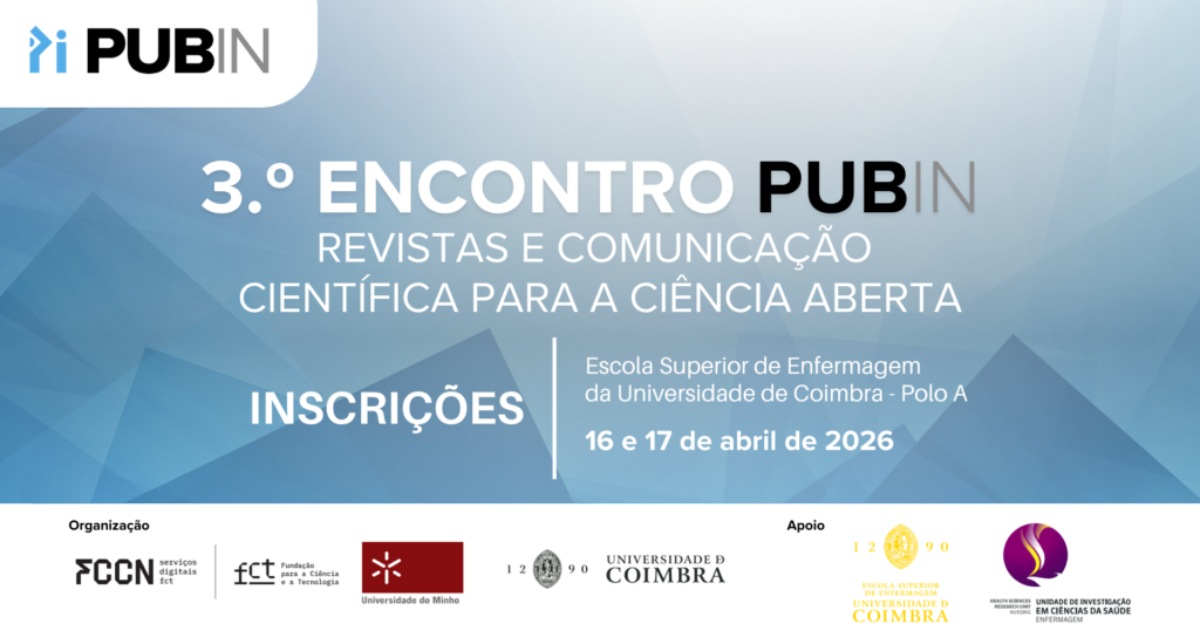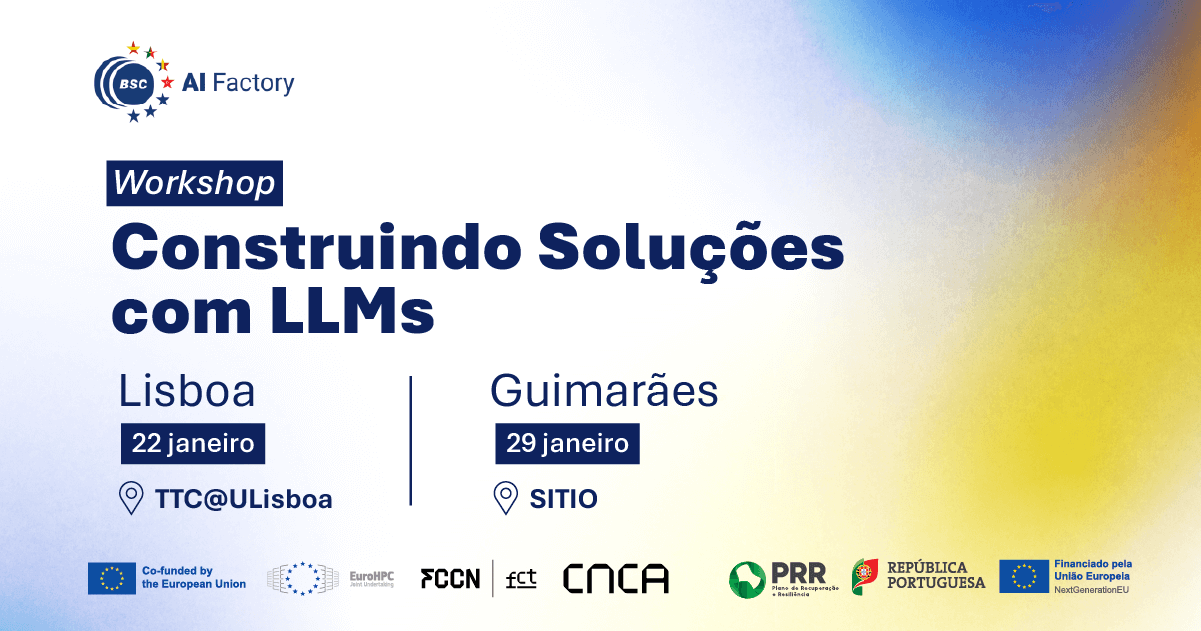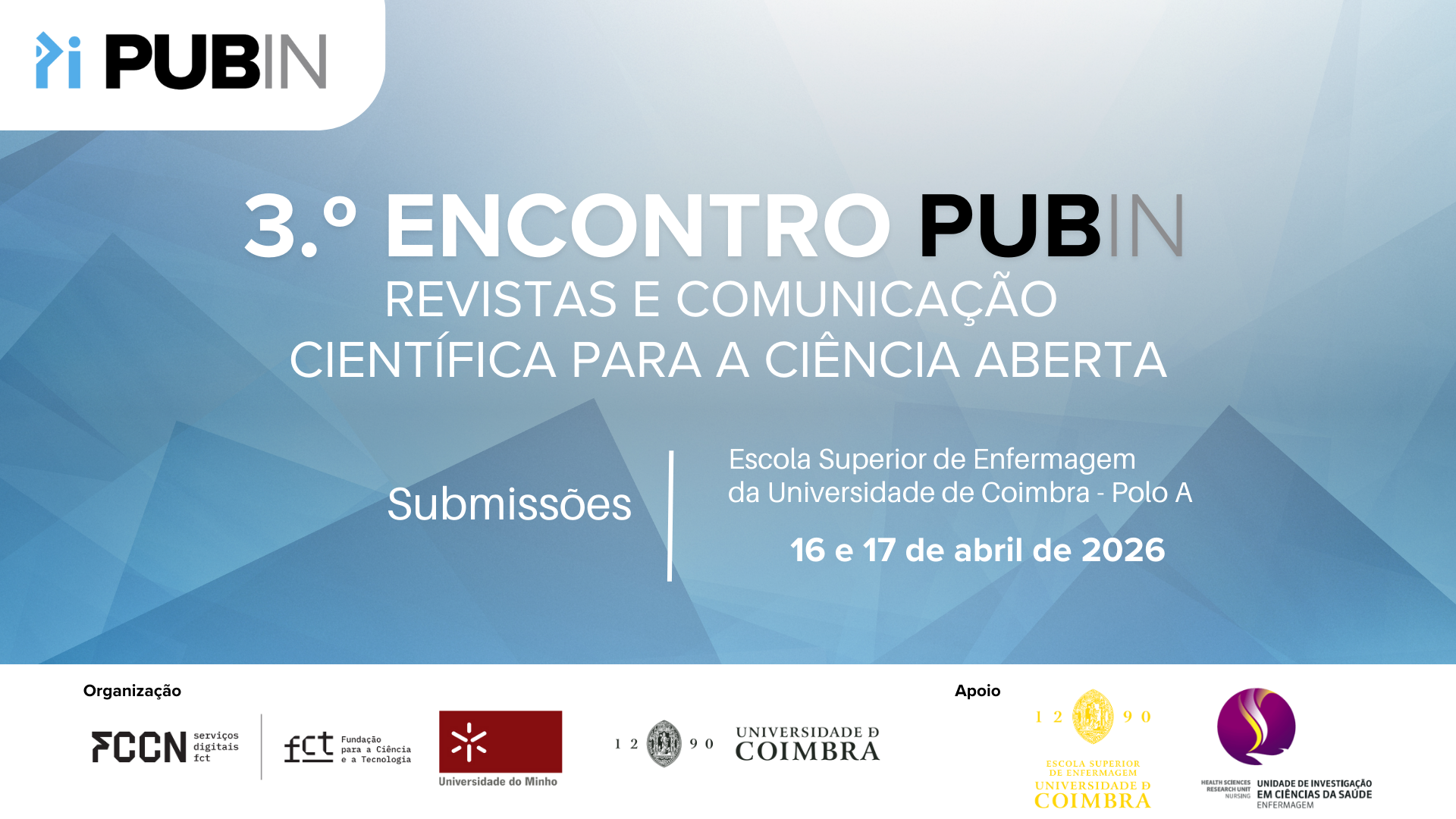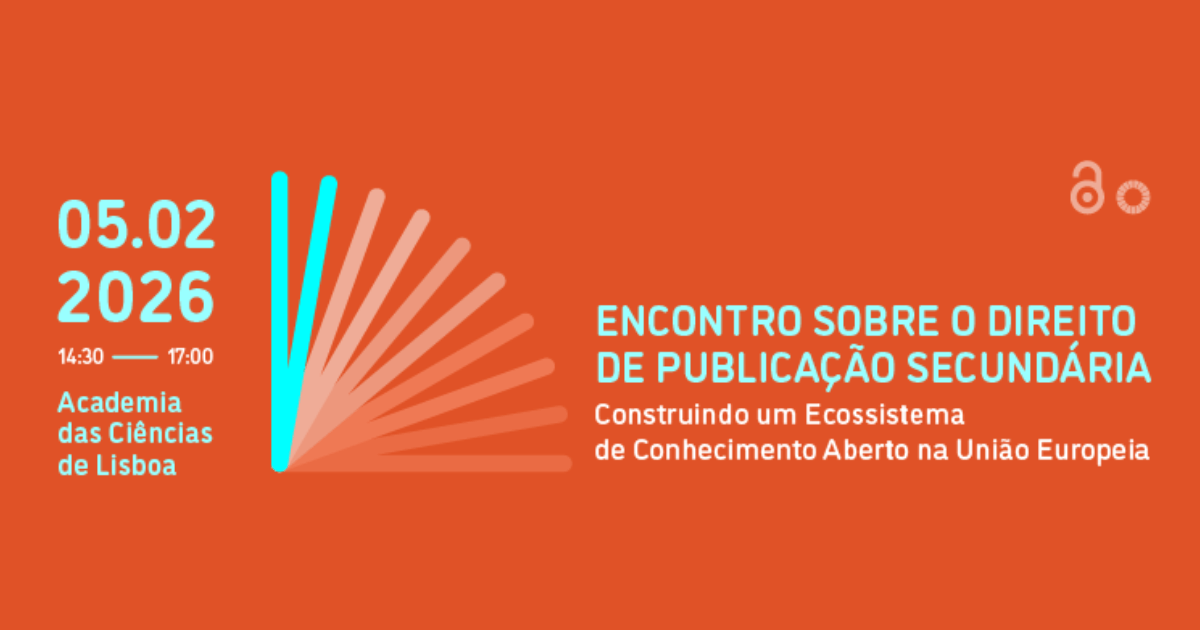Every day, thousands of students and faculty use FCCN services in areas such as knowledge and collaboration. Learn how the FCCN Unit supports the academic community in Portugal.
#1 eduroam. Connect to the world
Available in over 100 countries, the eduroam service has become a regular presence in campuses of higher education institutions. In Portugal – which was one of the founding countries of this service – there are 79 institutions linked to eduroam which thus provide secure Internet access to their communities.
This service is managed in Portugal by the FCT FCCN Unit, which guarantees all members of the academic community a valid access credential at any access point on this global network. Therefore, with the same login, it is possible to access the Internet in various locations across the country and around the world.
In 2022, eduroam recorded an all-time high in authentications. A total of 6.4 billion eduroam authentications were recorded worldwide during 2022, an increase of 70% compared to 2021.
#2 Filesender. Send large files securely
Ideal for those who need to send and share large files, Filesender is another of the FCCN Unit's services with added value for the academic and research community.
Through this web application, it is possible for authenticated users (through the service RCTSaai) send and temporarily store large files, whose data remains housed in Portugal.
The maximum upload limit is 100 Gb, which makes this a very useful solution for situations where the file you want to send is too large to be sent by email. There is also the advantage of being able to be sent to several recipients simultaneously (up to a limit of 100), from the same upload. Files are available for 30 days.
Over the last few years, the increased use of this service has led to the strengthening of software and hardware that are at its base.
#3 Educast. Share your work
For all students and teachers who wish to record, share or disseminate their academic work in video format, the Educast is the ideal tool. Through this platform, it is possible, in a simple way, record, edit and publish content such as assignments, classes or presentations. To do this, you only need a personal computer and the recording and editing platform available online.
Over the last few years, Educast has presented several new features, following the release of a new HTML5 editor in late 2020. In addition to several accessibility and usability improvements, it is now possible to enrich content metadata and create editable descriptions, for example. Also noteworthy is the new landing page of the service, where the main focus is on searching for content on the platform.
In 2022, the new Educast Recorder was launchedThe application is available for download and is compatible with Windows and Mac operating systems. The software allows for simple and intuitive recording of educational content, enabling the simultaneous capture of two synchronous sources (video, audio, and data).
In 2022, Educast registered around 5,651 educational videos published, for a total of 234,797 minutes produced. This service also marks a growth of 7,562 new users and 554 new channels created by these.
#4 b-on and #5 RCAAP. Find information
What should you do when supplementing a bibliography? Two FCCN services are key allies for teachers, students, and researchers in this task: the Online Knowledge Library (b-on) and the RCAAP (Open Access Scientific Repositories of Portugal).
b-on offers unlimited and permanent access to thousands of periodicals and e-books published by some of the leading international publishers. This scientific content covers various disciplinary areas, ranging from Social Sciences and Humanities to the areas of Science, Technology and Medicine. By aggregating institutional demand into a centralized transaction, b-on allows its members to access a much more comprehensive set of content – something that, individually, would not be economically viable.
In 2022, b-on registered very significant growth, ensuring access to 64 institutions, representing a total of 420,000 potential users. Throughout the year, a total of 19.5 million downloads were made, a 12.5% increase compared to the previous year.
RCAAP provides users with a platform for storage, preservation and promotion of open access to scientific knowledge produced in Portugal. It is a single point for research, discovery, location and access to thousands of scientific and academic documents, including articles from scientific journals, conference papers, theses and dissertations, distributed across the repositories that make up the network, both national and Brazilian.
Currently, RCAAP aggregates more than 905,770 documents from 27 repositories hosted on the SARI service, 36 scientific journals hosted on the SARC service, 96 communities hosted on the Common Repository, 26 self-managed repositories, and 181 self-managed scientific journals. It also aggregates more than 1,970,000 documents from the Brazilian aggregator, OASIS.BR. These aggregated documents generated more than 25 million downloads.
#6 Colibri. Communicate remotely
This web collaboration service allows you to hold classes and meetings remotely in a secure environment. With the capacity to hold videoconferencing sessions for up to 300 participants (with audio, video, text, image, screen and whiteboard sharing), Colibri saw its use increase significantly in 2020 and 2021, as a consequence of the Covid-19 pandemic.
Between September 2021 and June 2022, the Colibri video conferencing service recorded approximately 1.8 million meetings involving an aggregate total of over 15 million participants. In total, these meetings took up nearly one billion minutes, and 16,300 new users were registered during the same period.
Over the past few years, Colibri has been improving the integration of the service with other distance learning support platformsIn addition to integration with Moodle, it recently became possible to securely open collaborative applications in a session without having to share an external page, application, or website.
In order to support the community in using this new feature, a dedicated page has been created on the Colibri help site which contains the main recommended applications. Please note that direct access to the Zoom API continues to be restricted to the FCCN Unit, for security reasons., and all untested applications will always have to go through the service management's testing and approval flow.
#7 Arquivo.pt. Travel to the past
Thanks to Arquivo.pt, it is possible to find information published online since the 90s, through a simple and intuitive way to search and consult web pages from the past. This information may be relevant for academic work and scientific research, for example, or for use in the classroom, with the possible creation of case studies in areas such as Design, Social Sciences or Information Technology.
Over the last few years, the service has included new features, making it possible, for example, to search images of the past. In 2023, 987 million distinct images from the Web's past will be searchable on Arquivo.pt, after processing more than 11 billion pages, totaling more than 1,000 TB of archived data, corresponding to the time period from 1992 to 2022.
In 2022, Exame Informática distinguished Arquivo.pt as “the best digital service of the year”, with the award to be presented at the end of November 2022, in Lisbon.
Another of this service's initiatives of special interest to the academic community is the Arquivo.pt Award - one annual initiative that annually recognizes innovative work carried out based on preserved historical information. The works can focus on topics from any area (e.g. Education, History, Sociology, Communication, Health, IT).
#8 NAU. Invest in training
Attending higher education—whether as a student or a teacher—presupposes an active approach to learning, regularly supplementing the knowledge acquired. This is where the NAU Platform is considered an added value for all members of the academic community, by providing free online courses (MOOCs) in diverse areas ranging from Health to Cyberbullying, Personal Data Protection or Education.
In April 2023, this FCCN Unit service celebrated its fourth anniversary. Since its founding in 2017, the NAU platform has provided a total of 286 editions of 173 courses produced by 46 different organizations. 2022 was another year marked by growth. In addition to the 150,000 registrations for NAU courses (an increase of 15% compared to the previous year) and a total of 65,000 certificates issued (an increase of 1,20% compared to 2019), the 52,000 new registrations on the platform are noteworthy.
It is important to highlight that a significant proportion of the participating entities are higher education institutions., which highlights the connection of this service to the academic community, with the possibility of providing training tailored to needs.
#9 Studio. Create top-notch content
The FCCN Studio provides professional equipment for the production of audiovisual content to the entire Higher Education educational community. To this end, it relies on high-definition equipment for capturing audio and video, such as professional video cameras (4K), Teleprompter, Lighting or Chroma Key, in addition to specialized technical support.
In 2022, this structure was the target of a technological requalification, with the improvements implemented affecting both the infrastructure and the technology used. From an infrastructure standpoint, one of the main innovations is the creation of an acoustically treated voiceover booth that allows voiceovers to be recorded in a controlled space with professional quality. Furthermore, new spaces were created, including a waiting room and technology demonstrations, a dressing room, a technical room, and a storage room.
The requalification of the FCCN Studio also aimed to implement a upgrade technological, with the update of the realization system tricaster, enabling real-time 4K virtual production and scenography, and the use of NDI technology for video transmission over IP. "This is the most significant upgrade to FCCN Studio since its inception in 2009," noted Multimedia Service Manager Nelson Schäller.
Through this structure, students can create videos to complement their academic projects, while teachers and researchers can produce pieces to promote their scientific projects, for example. Webinar Broadcasting (live or deferred) or the creation of digital classes are other possibilities available to Higher Education teachers.
Use of the FCCN studio is subject to reservation. To view the schedule and request use, visit: https://www.fccn.pt/colaboracao/estudio/.

